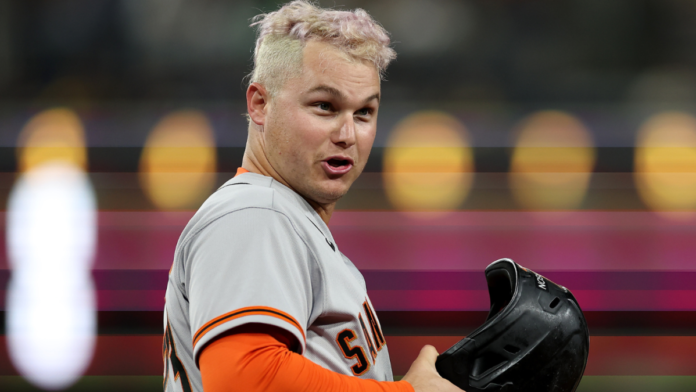Thursday at 4 p.m. ET was the deadline for the 14 MLB free agents who received the qualifying offer to accept or reject the one-year, $19.65 million contract. The qualifying offer is a one-year deal set at the average of the top 125 salaries in baseball each offseason, and free agents who reject it are tied to draft-pick compensation.
Free agents who were traded at midseason (like Josh Bell and Andrew Benintendi) are not eligible to receive the qualifying offer, ditto free agents who received the qualifying offer previously (like Carlos Correa and Justin Verlander). If you’re curious why a big name free agent didn’t receive the qualifying offer, he likely falls into one of those two buckets.
Here are the qualifying offer decisions for this year’s 14 free agents.
Accepted qualifying offer
Pérez and Pederson return to their teams on that one-year, $19.65 million contract. It should also be noted players who accept the qualifying can not be traded without their consent until next June 15. Teams can’t simply turn around and trade away a player they didn’t anticipate accepting the qualifying offer, at least not without him having a say.
Rejected qualifying offer
The vast majority of free agents who receive the qualifying offer reject it because they’re looking to secure a larger payday on the open market, and that is again the case this year. Judge and Turner, for example, are in line for massive contracts that figure to approach or even exceed $300 million. Accepting the $19.65 million qualifying offer was never a serious consideration for them.
Signed with new team
Not long before Tuesday’s deadline Tyler Anderson agreed to a three-year contract with the Angels. He effectively declined the qualifying offer, netting the Dodgers compensation. The Angels will give up a draft pick and international bonus money to complete the signing. They did the same thing last offseason when they signed Noah Syndergaard just prior to the qualifying offer decision deadline.
Compensation for losing qualified free agent
Losing a qualifying free agent entitles the player’s former team to draft pick compensation, though the exact compensation depends on a few factors. First and foremost, if the player’s former team exceeded the $230 million competitive balance tax threshold in 2022, they will receive a compensation pick after the fourth round. That’s all. That applies to the Dodgers (Turner), Mets (Bassitt, deGrom, and Nimmo), Red Sox (Bogaerts and Eovaldi), and Yankees (Judge and Rizzo) this year.
For the Cubs (Contreras), Giants (Rodón), and Braves (Swanson), the compensation for losing a qualified free agent is as follows:
Player signs contract worth less than $50 million: Compensation pick after competitive balance round B (before the third round)
Compensation pick after competitive balance round B (before the third round) Player signs contract worth $50 million or more: Compensation pick after the first round.
Pretty straightforward. Also, teams do not receive compensation for re-signing their own qualified free agent.
Penalty for signing qualified free agent
Teams used to surrender first-round picks to sign a qualified free agent. That is no longer the case. They surrender lower draft picks now, but similar to the compensation rules, the exact penalty depends on several factors. Here are the penalties:
Signing team paid competitive balance tax: Forfeit second- and fifth-highest draft picks, plus $1 million in international bonus money.
Forfeit second- and fifth-highest draft picks, plus $1 million in international bonus money. Signing team received revenue sharing: Forfeit third-highest draft pick.
Forfeit third-highest draft pick. All other teams: Forfeit second-highest draft pick and $500,000 in international bonus money.
The first bullet point applies to the Dodgers, Mets, Padres, Phillies, Red Sox, and Yankees. The second bullet point applies to the Athletics, Brewers, Guardians, Diamondbacks, Mariners, Marlins, Orioles, Pirates, Rays, Reds, Rockies, Royals, Tigers, and Twins. The third bullet point applies to all other teams.
As with compensation, teams that re-sign their own qualified free agent are not penalized.


